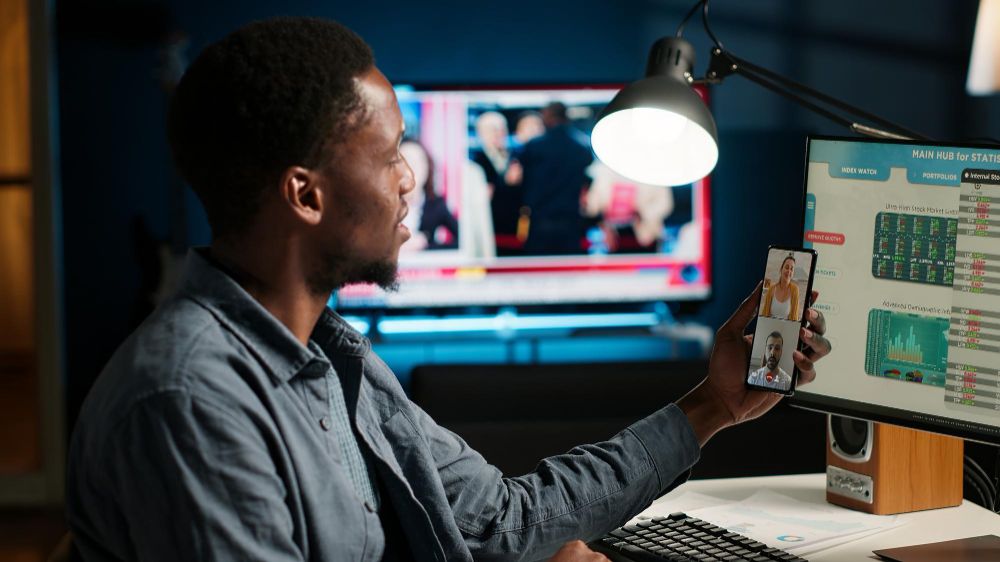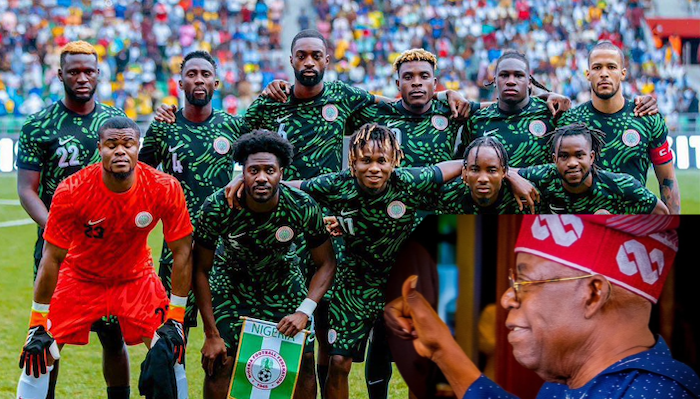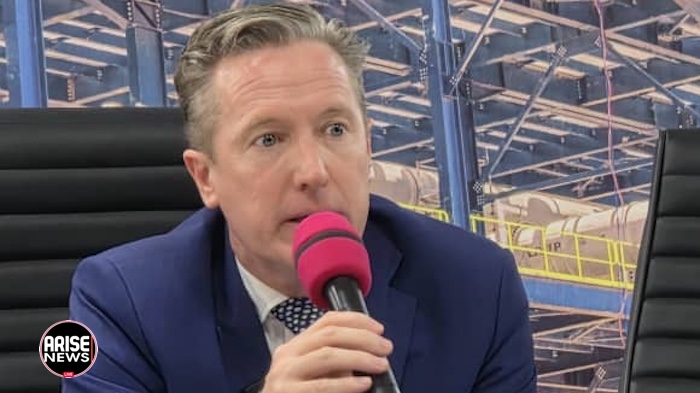
A walk through any university mass communication department in Nigeria reveals a familiar scene: bright, ambitious students dreaming of breaking into the vibrant world of media. They aspire to be the next Mo Abudu, the next Channels TV anchor, or the creative force behind a hit show. Yet, a conversation with a graduate just months out of school often reveals a frustrating disconnect. They hold a certificate in media studies, but they are unable to secure a job at a modern media house. Meanwhile, producers and editors at outlets like TV360 Nigeria report a constant struggle to find recruits who are truly “plug-and-play.” This paradox isn’t just an educational failure; it’s a crisis stifling the growth of Nigeria’s entire creative and news ecosystem.
The core issue is that our institutions are training students for a media landscape that vanished nearly a decade ago. The curriculum remains heavily theoretical, focusing on communication models and the history of broadcasting, while the industry has sprinted into the digital age. A graduate can brilliantly analyse a Nollywood film but may not know how to write a YouTube title that drives a million views. They can discuss the principles of journalism, but have no clue how to optimise a news article for Google search so it actually gets read. This isn’t an academic shortcoming; it’s a direct threat to the relevance and sustainability of Nigerian media.
The Production Room vs. The Classroom
This skills deficit is not a minor oversight. It’s a chasm. The value of a media degree is diminishing because modern newsrooms and production companies no longer need individuals who merely understand media; they require those who can create immediate value through their work.
What specific skills are missing from the syllabus? The list is both specific and damning.
You won’t find “Social Video Analytics” or “Audience Engagement Strategy” on most course outlines. Students graduate without knowing how to dissect YouTube metrics to understand why one video exploded and another flopped. They aren’t taught that writing for an online audience is a science. No, it requires knowing which keywords Nigerians are searching for and how to structure a headline that earns a click in a crowded feed. They can produce a traditional news package but are often clueless about scripting a compelling 60-second video for Instagram Reels that captures a brand’s voice or drives traffic back to a main broadcast.
These are no longer specialist skills for the “digital team.” They are the absolute core of modern media production, marketing and distribution. The result is a generation of brilliant minds who understand Marshall McLuhan’s theories but can’t help TV360 Nigeria grow its digital subscriber base or engage its audience on TikTok.
The Economic Imperative for a Skilled Media Workforce
Bridging this gap is more than an educational goal; it’s an economic necessity for the survival of Nigerian media. The global digital space is crowded and competitive. If our media houses cannot effectively compete online, they lose advertising revenue, audience trust and cultural influence.
Consider the “Japa” syndrome within the creative industry. Many of our most talented storytellers and journalists leave because they don’t see a viable, modern career path at home. However, a media professional skilled in digital storytelling, video editing for social platforms, and SEO doesn’t need a visa to work globally. They can produce content for international brands, manage social media for overseas clients, or freelance for global news outlets right from Lagos or Abuja, earning in foreign currency. This turns brain drain into brain gain, keeping our best creative talent rooted in Nigeria while competing on the world stage.
Furthermore, the local industry is starving for this talent. A station like TV360 Nigeria doesn’t just need reporters; it needs journalists who can make their investigative pieces trend on Twitter and their explainer videos dominate YouTube search results. A Nollywood marketer needs a professional who can build hype for a new film across multiple Nigerian digital platforms and social media, not just place a poster in a newspaper. These skills don’t just create jobs; they build more resilient, profitable and influential media companies that can tell the Nigerian story to the world.
A Blueprint for a Digital-First Media Education
Fixing this requires a fundamental overhaul, a collaboration between academia and industry to tear down the outdated walls between them.
First, digital literacy must be the bedrock of any media degree. Every single journalism and film student should be required to take rigorous, project-based courses in digital content creation, social media management and web analytics. This is non-negotiable for anyone hoping to enter a modern media workplace.
Second, the industry must have a seat in the classroom. We need to see more practising editors from news outlets, successful Nollywood producers and top social media managers brought in as guest lecturers and mentors. Students need to work on real-life briefs from real media companies, building a portfolio that proves they can handle the pressures and demands of a 21st-century newsroom or production set.
Third, and most critically, we must retrain the trainers. Many lecturers are dedicated scholars, but the digital tools and platforms have evolved faster than academic curricula. Establishing continuous professional development partnerships with media houses is essential to ensure that what is taught in the classroom reflects what is practised in the industry.
Finally, we must change the definition of success. The ultimate test for a media student should not be a theoretical exam, but a professional portfolio. A graduate should be able to walk into a job interview and show a hiring manager at a place like TV360 Nigeria their bylines on a live blog, the analytics from a social campaign they ran, or the short film they produced and marketed online. That tangible proof of capability is worth more than any transcript.
The talent and passion are here. Plenty of it. It’s time to give them the right tools to win the global content war.



